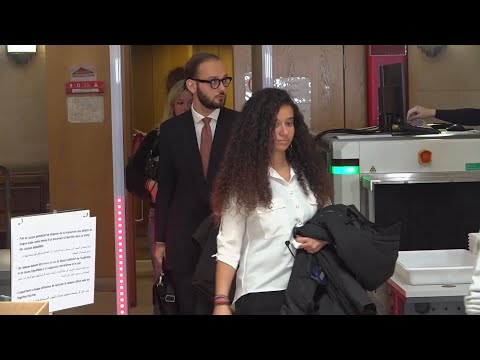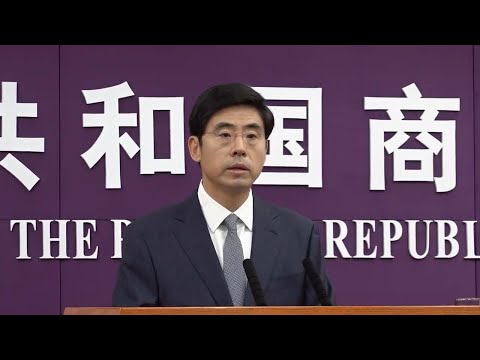(21 May 2024)
RESTRICTION SUMMARY:
ASSOCIATED PRESS
Paris, France – 21 May 2024
1. Various of people leaving courtroom
2. Mid of Obeida Dabbagh, brother of Mazen Dabbagh, and his wife Hanane
3. SOUNDBITE (French) Obeida Dabbagh, brother of Mazen Dabbagh:
"I was moved at the start of this trial, when I started this fight eight years ago nothing made us believe we would be here today. It can only be a victory to be here at a criminal court today in France, so it’s great. I don’t have words for this."
4. Mid of Obeida Dabbagh
5. SOUNDBITE (French) Obeida Dabbagh, brother of Mazen Dabbagh:
"I don’t think that at the end of this trial I will know exactly where he was buried and how he died. I don’t know if I will ever know, maybe later we will learn the facts but not during this trial. I just hope for a condemnation of the regime’s wrongdoings through the condemnation of these three agents that should be condemned."
6. Various of people leaving the courtroom
STORYLINE:
The brother and uncle of two of the Syrian regime’s alleged victims on Tuesday said it was a "victory" to be able to hold hearings into their disappearance and deaths in a Paris court.
Obeida Dabbagh said that while he did not think he would learn details of how his family members died or where they were buried, he hoped for justice and "a condemnation of the regime’s wrongdoings".
Back in 2013, the Syrian soldiers came first, at night, for the son Patrick, a 20-year-old psychology student at Damascus University, and said they were taking him away for questioning.
They came back the next night for his father, Mazen.
Five years later, in 2018, death certificates from Syrian authorities confirmed to the Dabbagh family that the French-Syrian father and son would never come home again.
In a landmark trial, a Paris court is seeking this week to determine whether Syrian intelligence officials — the most senior to go on trial in a European court over crimes allegedly committed during the country’s civil war — were responsible for their disappearance and deaths.
The four-day hearings started Tuesday and are expected to air chilling allegations that President Bashar Assad’s government has widely used torture and arbitrary detentions to hold on to power during the conflict, now in its 14th year.
The French trial comes as Assad has been regaining an aura of international respectability, starting to shed his long-time status as a pariah that stemmed from the violence unleashed on his opponents.
Human rights groups that are parties to the French case hope it will refocus attention on alleged atrocities.
===========================================================
Clients are reminded to adhere to all listed restrictions and to check the terms of their licence agreements. For further assistance, please contact the AP Archive on: Tel +44(0)2074827482 Email: info@aparchive.com.
Find out more about AP Archive: http://www.aparchive.com/HowWeWork
Twitter: https://twitter.com/AP_Archive
Facebook: https://www.facebook.com/APArchives
Instagram: https://www.instagram.com/APNews/
You can license this story through AP Archive: http://www.aparchive.com/metadata/youtube/32a5fe61357d47589e4209f2c7f9a9ad





